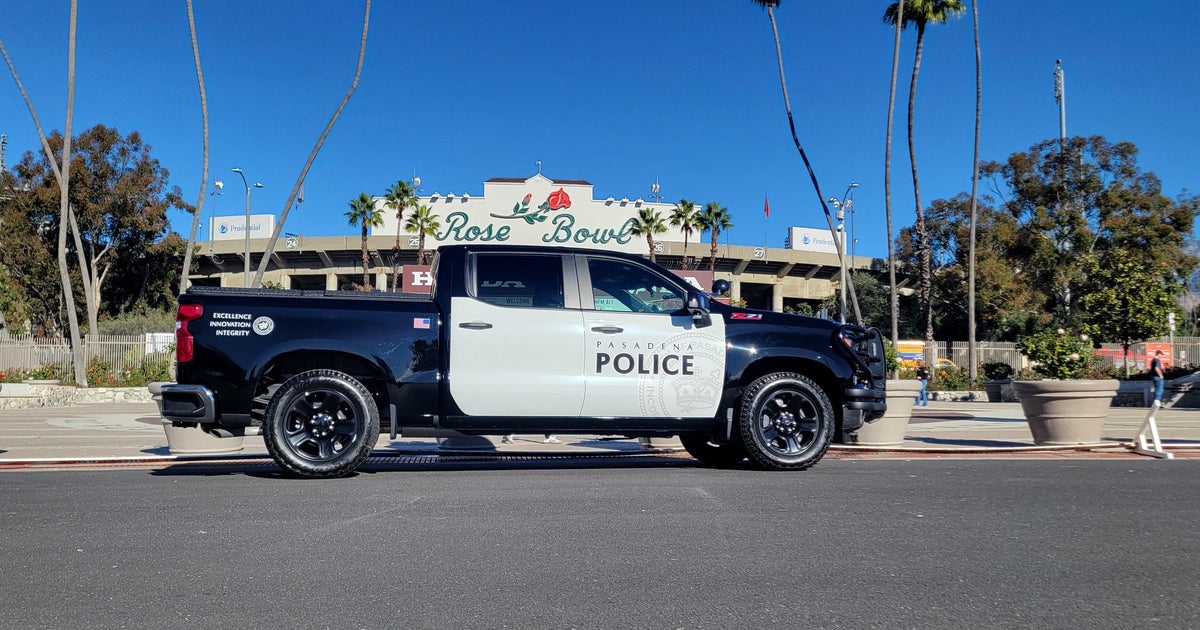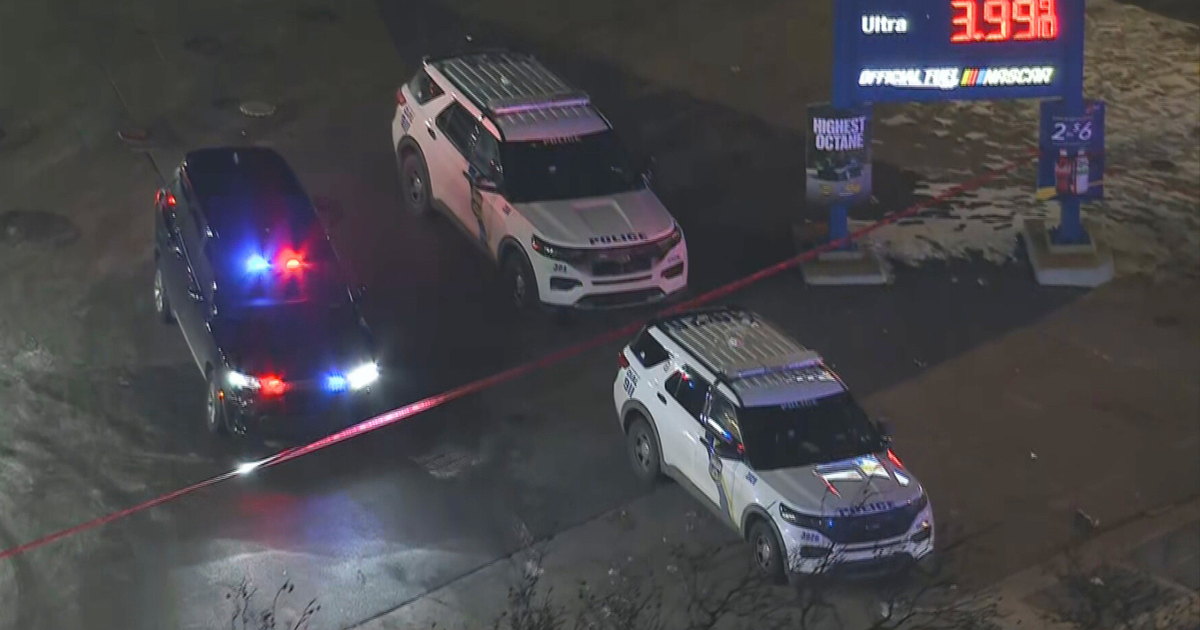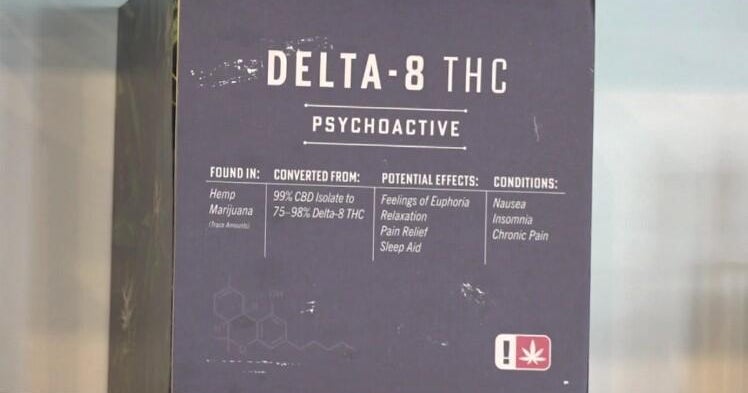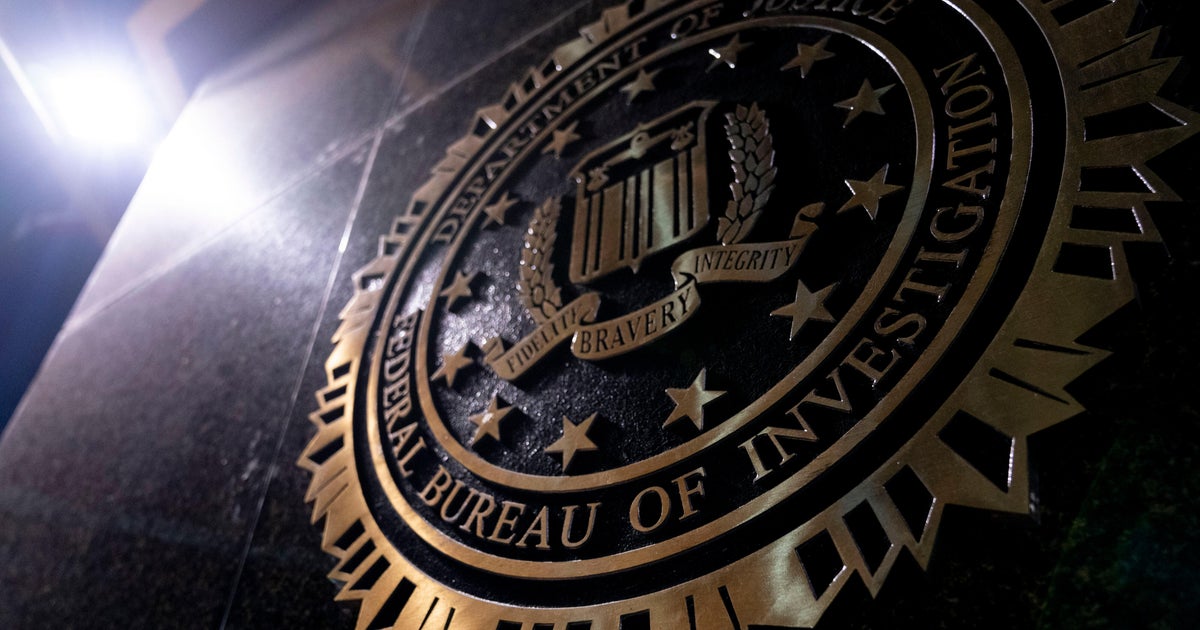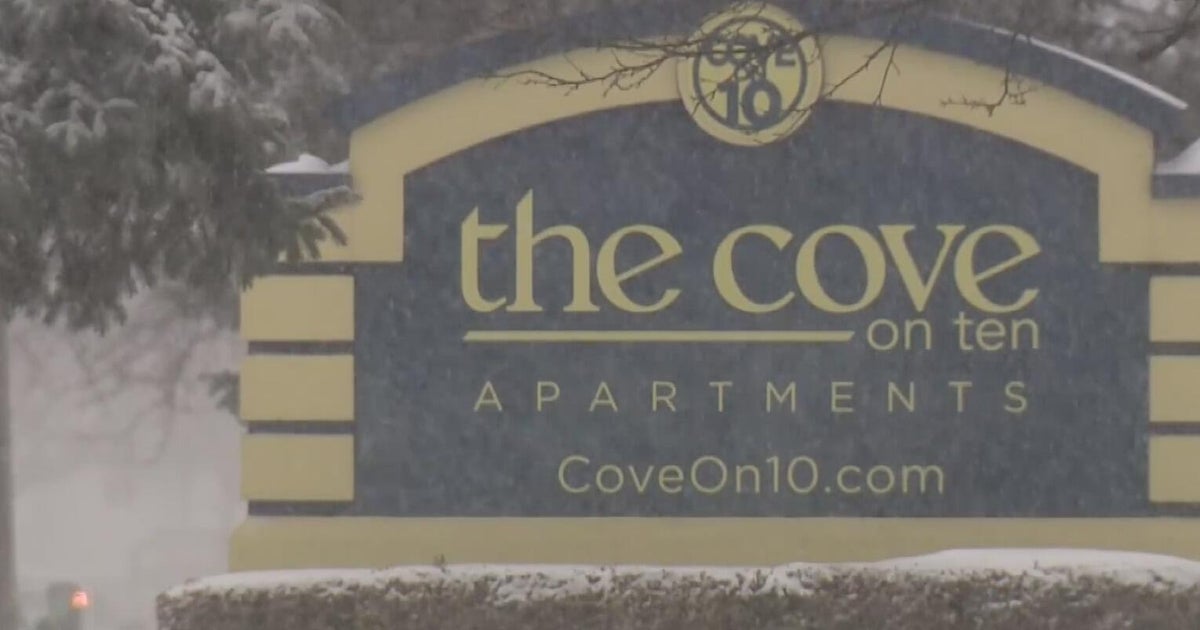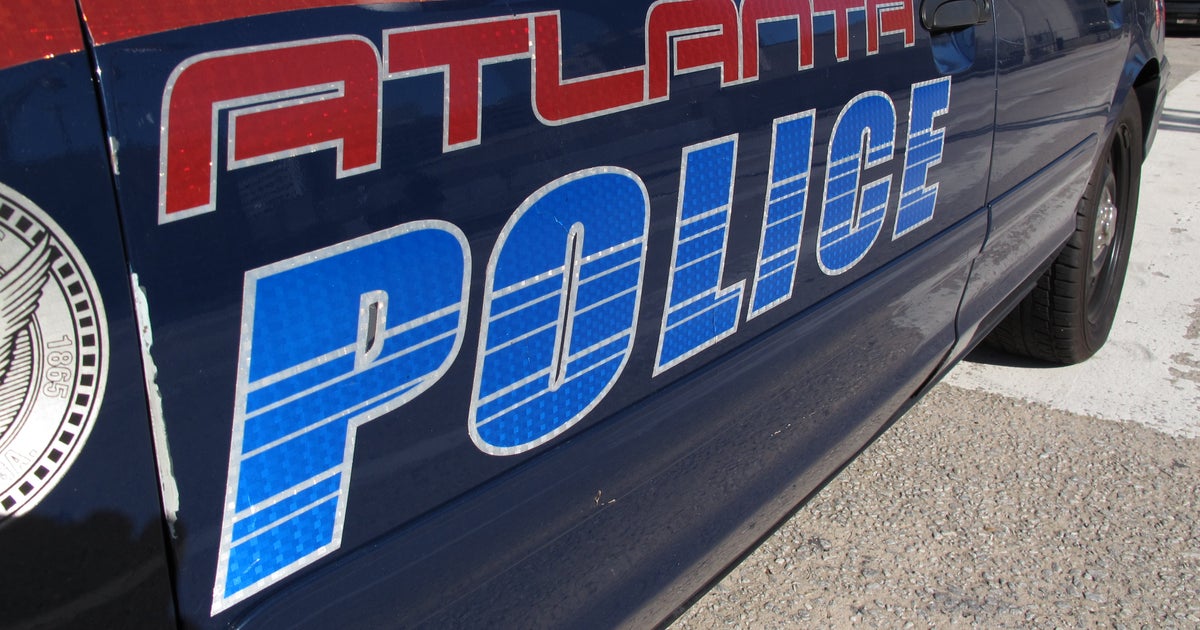New policy will prohibit Chicago police officers from joining hate or extremist groups
CHICAGO (CBS) -- A new policy approved by the city's civilian police oversight agency will ban Chicago police officers from participating in hate and extremist groups.
The Community Commission for Public Safety and Accountability (CCPSA) unanimously approved the new policy on Monday. The Chicago Police Department now has 60 days to respond to the policy before it officially goes into effect.
CBS 2 has reported in the past on allegations of Chicago police officers participating in right-wing anti-government extremist groups like the Oath Keepers and Proud Boys.
CPD general orders already prohibit officers from "membership in or affiliation with criminal organizations and from association with known members of criminal organizations."
The change would widen the net to preclude members and participants in criminal groups from becoming members of CPD. It would add "biased" organizations to the list too.
Such "biased" groups would include any organization that "advocates for systematic illegal prejudice, oppression, or discrimination, including disparate treatment, against an individual or group on the basis of any protected class under federal, state, and local law, including race, color, sex, gender identity, age, religion, disability, national origin, ancestry, sexual orientation, marital status, parental status, military status, source of income, credit history, criminal record, or criminal history."
It would also include any group that "commits or advocates for acts of unlawful force or violence to deny others their rights under the Constitution of the United States or the State of Illinois, or to achieve goals that are political, religious, discriminatory, or ideological in nature" or "commits or advocates for acts of terrorism or others activities which seek to overthrow, destroy, or alter the form of government of the United States by unconstitutional means."
The policy also reminds officers they are prohibited from using social media to post content "that is disparaging to a person or group based on race, color, sex, gender identity, age, religion, disability, national origin, ancestry, sexual orientation, marital status, parental status, military status, source of income, credit history, criminal record, criminal history, or any other protected class." That would include liking, following, sharing, or otherwise redistributing such content "with the intent to promote, support, or otherwise endorse a criminal or biased organization or its activities."
Cities like Washington, D.C., Dallas, and New York have similar policies on the books.
Those who drafted the new policy said it isn't always easy to decipher what is and isn't a biased organization.
What set the change in motion was the case of CPD officer Robert Bakker, who the city's inspector general said was associated with leaders of the Proud Boys, which the FBI labeled as an antisemetic white supremacy organization.
Internal Affairs was aware of the case. He was given a 120-day suspension, but he remains on the force. The policy change would likely spell the end of his CPD career.
The CCPSA says it will monitor how the policy is implemented. Mayor Brandon Johnson has the power to veto the policy, but the mayor campaigned on a promise to fire officers associated with extremist hate groups. An unlikely veto could be overridden by the City Council.


